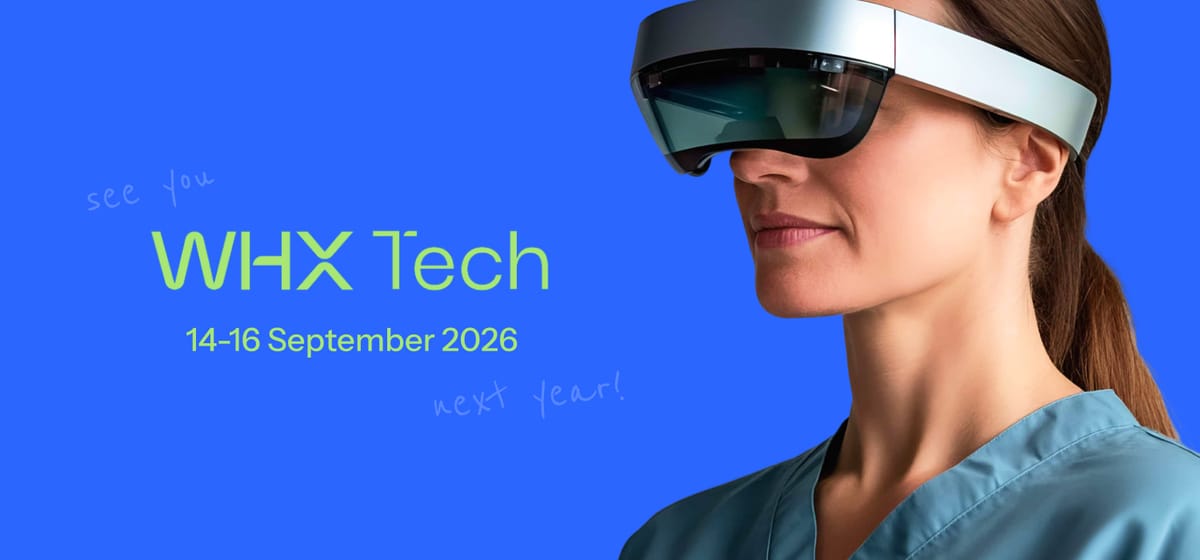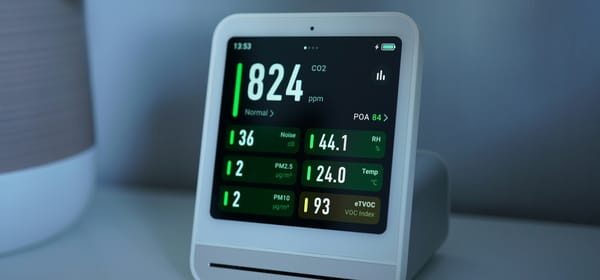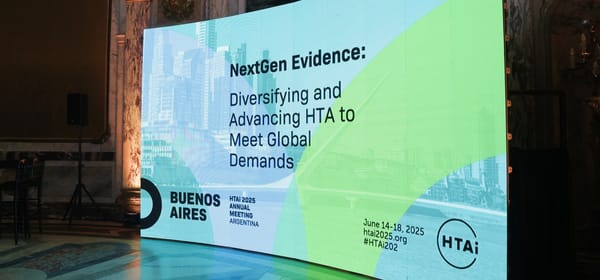Signals from WHX Tech 2025: Building the Moral Architecture of Digital Health

Over three days in Dubai, WHX Tech 2025 unfolded as more than a conference: it became a signal. Across keynotes, startup competitions, and panels on AI, data, and FemTech, the event revealed both the promises and the tensions shaping the future of health technology. Even from a distance (as I was invited but unfortunately could not make the trip), following each day offered insights into how geography, ethics, and design are converging to reimagine care.
The geography of digital health is shifting. The claim that the Middle East is becoming a new power center for innovation was not a passing comment, it was a signal. Where healthcare innovation takes root matters: it shapes investment, regulation, and the kinds of problems that receive attention. Dubai, through WHX Tech, positioned itself not on the periphery but at the center of this reconfiguration.
The conversations inside were not only about new tools; they were about the moral architecture beneath them. Speakers spoke of ambient AI that quietly returns 22% of a clinician’s time back to patients. Others warned that AI, like a mirror, amplifies bias as easily as it amplifies intelligence. The emerging consensus was clear: technology is not neutral. Its value will be measured not by efficiency alone, but by whether it restores care.
Data, often described as “fuel,” was reframed as infrastructure. Robust, governed, and longitudinal datasets were identified as essential for trustworthy AI. Without them, no algorithm can claim to be safe or equitable. This shift in language from fuel to infrastructure matters: it highlights that data is not a consumable but a public health imperative, a foundation for systems that either widen or close gaps.
The startup stage echoed a different truth: transformation begins at the margins. Over forty ventures pitched, and one, Strolll, walked away with the equity-free prize. But the real significance was the reminder that many of tomorrow’s standards will emerge from today’s fragile experiments.
And then there was FemTech. Once sidelined, it now stood in full view, framed not as a niche but as a central frontier. The recognition that women’s health cannot remain a footnote is itself a structural shift in how innovation defines its scope.
Across all these threads, one question cut through: Are we scaling efficiency, or are we scaling humanity?
Implications for Latin America: Public Health and HTA
From a Latin American perspective, WHX Tech’s debates resonate in specific ways. Our public health systems face chronic underfunding, uneven digital infrastructures, and fragmented data environments. The insistence on data governance and longitudinal datasets is precisely the bottleneck we encounter in regional HTA, where the absence of interoperable and high-quality data often weakens evaluations of new technologies.
The emphasis on empathy and responsibility in AI also intersects with Latin America’s own challenges of inequity. If algorithms mirror bias, then without careful design they risk reinforcing existing disparities in access to care, particularly for rural populations, Indigenous communities, and women’s health, areas where gaps remain wide.
Finally, the visible role of startups and FemTech suggests that innovation ecosystems can flourish outside the usual power centers. For Latin America, this is both an opportunity and a caution: opportunity in supporting our own local innovators to respond to context-specific needs, and caution in recognizing that without supportive policy and HTA frameworks, these ideas risk stalling before they can reach scale.
WHX Tech’s signals should encourage Latin America to see digital health as a technological frontier and as a policy and evaluation frontier, one where HTA, data governance, and public health ethics converge.
What this event revealed is that health innovation is no longer about if technology will transform care, but how. For Latin America, the task is clear: to ensure that transformation deepens equity and trust rather than fractures it further. Because the future of digital health will not wait, and the moral architecture we build today will decide whether it heals or harms tomorrow.
I'm looking forward to what next year will bring for another edition of the WHX Tech in Dubai, on September 14-16 2026.





